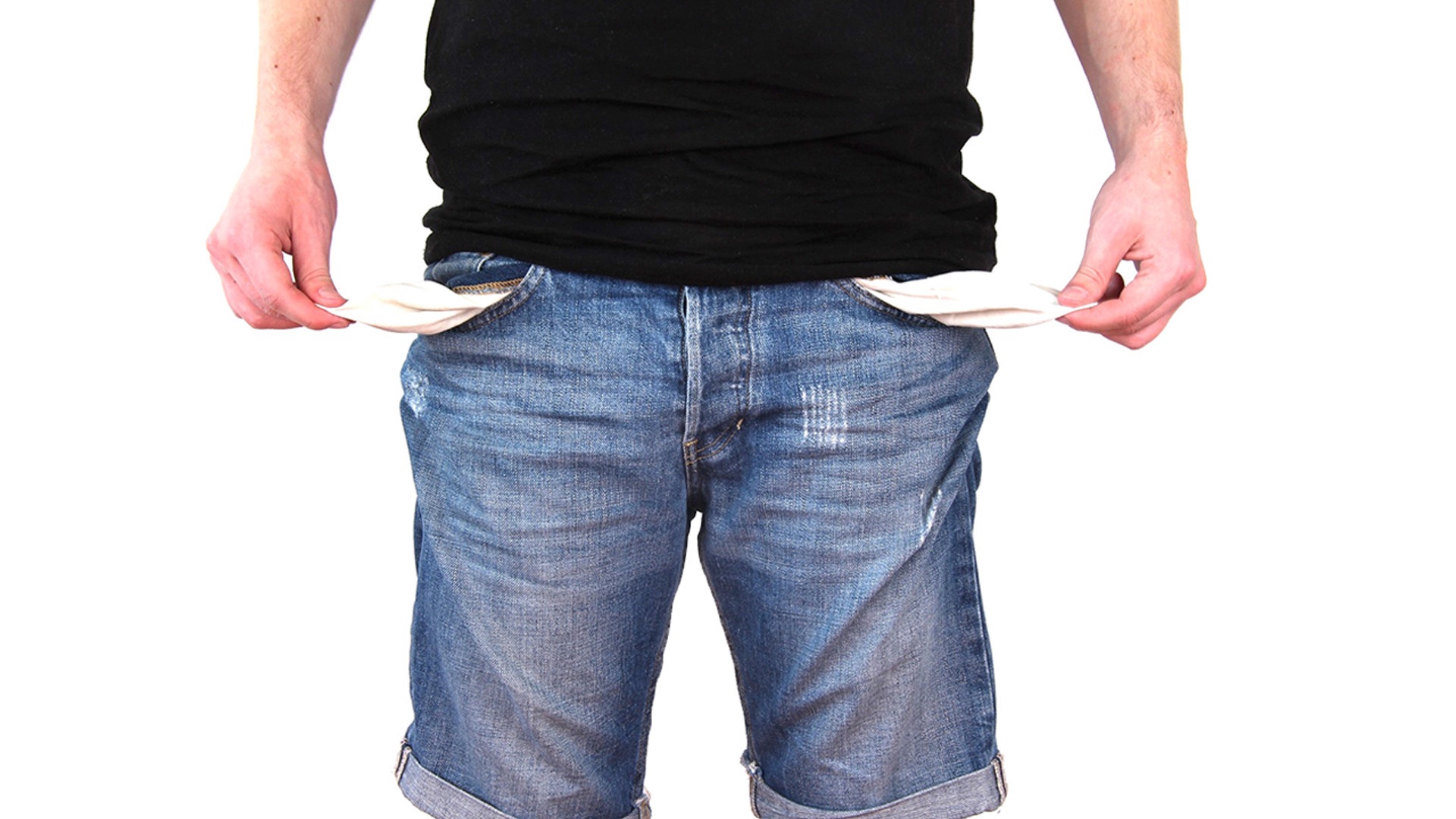Has your payday come and gone and you still have no money? You struggle to cover your bills on time and they’re all due soon but you’re at a loss on what to do when you have no money.
This situation is common and not ideal. Yet 37.9 million people in the United States live in poverty. Financial struggles can easily hit people at any time, including when they’re already barely making it.
If you find yourself in a situation where you have no money to pay your bills, there’s still hope. Keep reading for several tips to help you through this stressful situation.
Contents
Consider Side Gigs
Side gigs can be a great way to make extra money when you find yourself strapped for cash and bills are due. Side gigs are typically flexible forms of employment that do not necessarily have to be done often or limit you from doing your full-time job.
You could be a freelance writer, develop websites, tutor, babysit, or offer a service online such as providing virtual assistant help or graphic design services. Working a side gig could also help you network and build relationships within your industry. Plus, it can be an opportunity to explore a new field or pursue a passion you have been meaning to do.
Selling Possessions You Rarely Use
If you run out of money and bills are due, selling possessions you rarely use can be a great solution. Having fewer items around the house can lead to more free time and more money to pay those bills. Include yourself in the process and ask friends and family about who may want to take them off your hands.
Before you start selling anything, it’s important to evaluate which items you have that are worth selling and which ones are not. Items like musical instruments, electronics, furniture, and tools, have the highest resale value, but even clothing and books may bring in some money. To get the best price for the items you’re selling, it’s a good idea to research the current value of the items and price accordingly.
If you’re aiming for a larger profit, look into online marketplaces where you can reach a wider audience and list items for a higher price. Remember to take pictures and check what others have listed to get an idea of how to price your items. This ensures you get the most out of every sale.
Research Government Programs
Depending on your financial circumstances, there may be state or federal programs available to help you. Researching can help you determine what program or service might be helpful in your situation. You can start your research by searching online or visiting your local library.
Government programs can help with financial support, discounted or free healthcare, job training, and additional services. Reaching out to local Social Security offices, community service organizations, faith-based organizations, and private charities can help to find the appropriate program that suits individual needs.
Depending on your situation, you may be able to get tuition assistance, rent or mortgage help, housing assistance, disability support, food and nutrition benefits, and many other services. It’s important to remember that eligibility for government programs varies, so you’ll need to take the time to find out if you qualify and how to apply.
When evaluating eligibility, it’s important to be aware of age, location, income, and other criteria that are applicable. Seeking out help sooner rather than later is a crucial step.
It is essential to apply for all available resources and to take advantage of free support services. Knowing about potential government programs can help alleviate a financial burden and help make ends meet.
Reach Out to Creditors
If you are unable to pay bills, it is important to reach out to creditors before the due date. Although it may be embarrassing to ask for leniency or a payment plan, creditors are often willing to oblige. By reaching out, you can come to terms with a payment arrangement that best meets your financial needs.
Getting in contact with creditors ahead of time demonstrates good faith from your side and may prevent late fees, additional interest, and collection calls. To find the correct customer service contact, it can be helpful to check the website of the lender, the back of the original bill, or an online search.
Never delay reaching out and be sure to explain your situation in a polite and honest manner. With proactive communication, your experience with creditors can be smooth.
Look Into Loan Programs
Looking into loan programs may help you get the funds you need to pay your bills. Even though you may have bad credit, there are special loan programs available for those in financial hardship. Many online lenders will offer low-interest loans, quick turnaround times, and instant approval.
Additionally, if you have equitable collateral, some lenders may offer secure loans and line of credit options. Some loan programs offer short-term solutions while others offer more flexibility.
Before you take out a loan, make sure to read the loan agreement in detail and be aware of repayment terms, fees, and interest rates. Also, think carefully about how you will be able to afford the loan payments before applying and avoid taking on too much debt.
Depending on the lender, you could have funds within a day or two, or as early as within the hour in some cases. If you are interested in this option, take a look here. Considering loan options may give you peace of mind knowing you can cover your bills and get back on your feet.
Knowing What to Do When You Have No Money
When you have no money and bills are due, try to stay positive and remember that you are not alone. Reach out to family and friends for financial help and research nonprofit programs that can provide short-term assistance.
Call your creditors to see if they can provide a payment plan to help spread out your bills. Knowing what to do when you have no money can help you manage your financial situation and reduce stress. Don’t give up! Seek help and explore options to get back on track.
For more tips, check out the rest of our site. You’ll learn key skills to help you gain financial control of your life.



